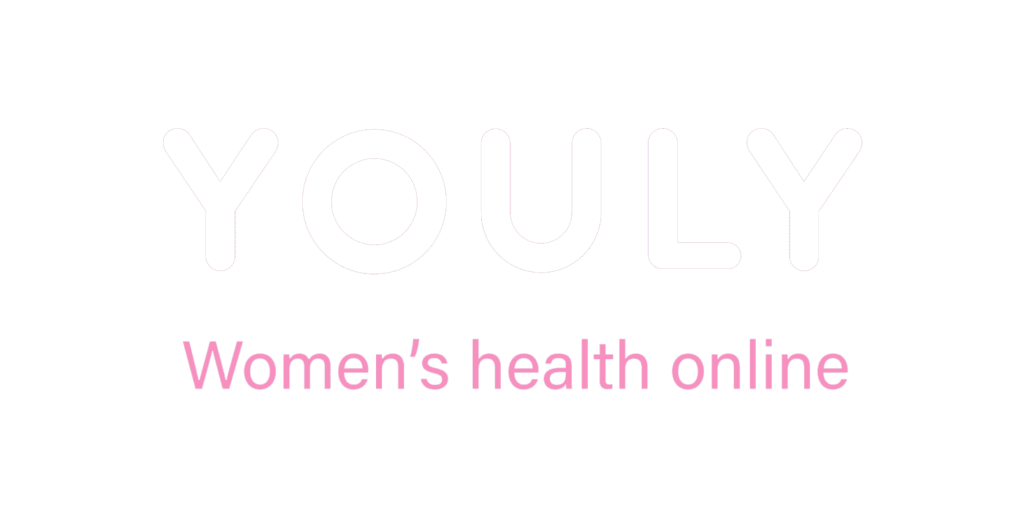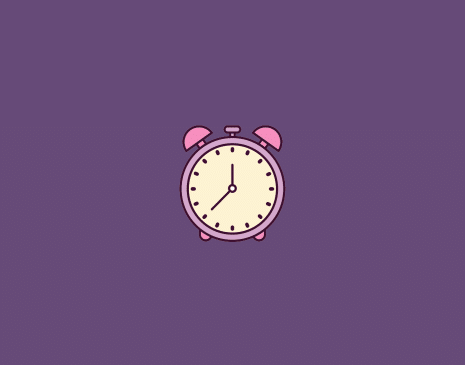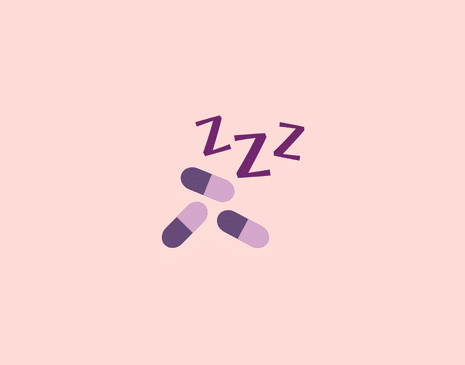The morning after pill, also known as emergency contraception, is a vital option for many women. It’s designed to prevent unplanned pregnancies when regular birth control methods fail or are not used. But what about its impact on your menstrual cycle? Can the morning after pill affect your period, or is it just a myth? In this blog, we’ll explore the connection between emergency contraception and your menstrual cycle.
Understanding the Morning After Pill
Before we dive into the effects of the morning after pill on your period, let’s understand what it is and how it works.
The morning after pill is a form of emergency contraception. It comes in various brands and is available over the counter at most pharmacies or via online healthcare providers like Youly. It’s a birth control method that can help prevent pregnancy after unprotected sex or contraceptive failure. The most common morning after pill contains levonorgestrel, a hormone that works by delaying or preventing ovulation, which is the release of an egg from the ovaries.

Does It Delay Your Period?
The big question: Can the morning after pill delay your period?
The answer is not a straightforward yes or no. It can affect your menstrual cycle but doesn’t always mean a delay. Let’s break it down.
1. Timing Matters
The morning after pill’s timing within your menstrual cycle can influence whether it delays your period. If you take it early in your cycle, it might not affect your next period at all. However, if you take it close to your expected period, it could lead to a delay.
2. Hormonal Changes
The morning after pill can temporarily disrupt your body’s natural hormone levels. This disruption can lead to irregular menstrual cycles, potentially causing delayed periods.
Here’s how it works:
The morning after pill typically contains a hormone called levonorgestrel. This hormone plays a crucial role in preventing pregnancy. It works primarily by delaying or preventing ovulation, which is the release of an egg from your ovaries. This, in turn, affects the hormonal signals that regulate your menstrual cycle.
The disruption occurs because your body relies on a carefully coordinated dance of hormones to govern your menstrual cycle. These hormones trigger the release of an egg, prepare the uterine lining for potential pregnancy, and then, if pregnancy doesn’t happen, lead to the shedding of the uterine lining as your period.
When you introduce emergency contraception, it can momentarily throw this hormonal symphony out of tune. The altered hormonal signals can lead to irregularities, and your period might decide to show up a week earlier or fashionably late. Essentially, the morning after pill momentarily shifts the gears in your reproductive system, which can create these variations in your menstrual cycle.
3. Individual Variations
Every person’s body reacts differently to the morning after pill. Some may experience no changes in their menstrual cycle, while others may notice variations.
Remember that a delay in your period doesn’t necessarily mean pregnancy. If you’re concerned about the possibility of pregnancy after taking emergency contraception, you can take a pregnancy test to ease your worries. It’s better to be safe and informed. Pregnancy tests can be found at most pharmacies and grocery stores.

The Next Period: Early or Late?
The morning after pill can affect the timing of your next period.
If your period is a week early, don’t panic—it’s a common side effect. If it’s late, that’s also a possibility. Here’s a simple breakdown:
Early Period
The morning after pill might cause your period to arrive a week earlier than expected. The early arrival of your period after taking the morning after pill happens because the pill can temporarily disrupt your hormonal balance. This can be worrying, but it’s usually a sign that the morning after pill worked to prevent pregnancy.
Late Period
On the flip side, some individuals may experience a delayed period. This can be attributed to the hormonal changes the morning after pill triggers. It’s essential to give your body some time to adjust.
The Emotional Aspect of Emergency Contraception
Using emergency contraception can stir up a mix of feelings, and that’s perfectly normal.
Coping with Potential Pregnancy Scares
First off, there’s that moment of panic when you realise that your regular birth control method slipped up or you had unprotected sex. It’s natural to worry about the possibility of an unplanned pregnancy. It’s like a rollercoaster of emotions – from fear to uncertainty to anxiety.
Addressing Emotional Stress and Concerns
Now, let’s talk about the emotional stress that comes with it. When you reach for the morning after pill, it can sometimes feel like a big decision. It’s essential to acknowledge these feelings and not sweep them under the rug. It’s like chatting with your best friend; talking about it can ease the burden.
Reaching out to a healthcare professional or a trusted friend can provide the emotional support you need. They can help you navigate the emotional rollercoaster, answer your questions, and provide reassurance. Sometimes, just knowing you’re not alone in this can make all the difference.
So, when it comes to the emotional aspect of using emergency contraception, remember that it’s entirely human to feel the way you do. Don’t hesitate to seek support and confide in someone you trust. After all, your emotional well-being is an essential part of your reproductive health journey.
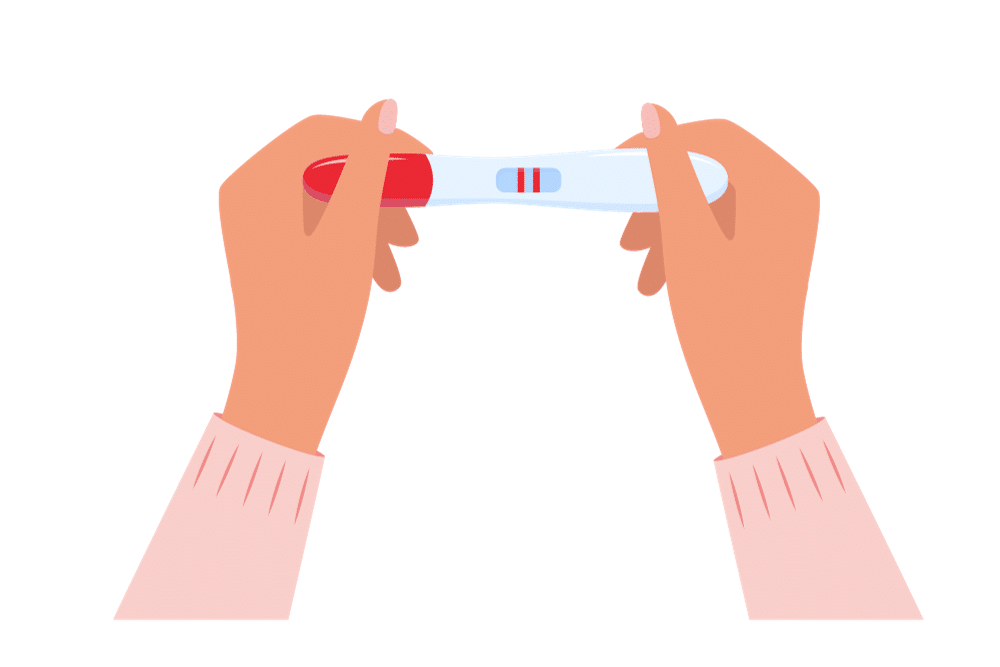
Making Informed Reproductive Health Choices
Making decisions on the fly is common.
But when it comes to your reproductive health, it pays to slow down and make informed choices. Using the morning after pill is one such decision. Understanding how it works, morning after pill effectiveness, and what to expect is key to ensuring you’re in charge of your health. Think of it as doing your homework before a big test – the more you know, the better prepared you are.
Balancing Emergency Contraception with Regular Birth Control
While emergency contraception is a reliable backup plan, it’s not meant to be your go-to method. Regular birth control is like the backbone of your reproductive health. It ensures a smoother, more predictable menstrual cycle and minimises the need for emergency contraception. It’s your proactive approach to preventing unintended pregnancies.
Think of it as managing your finances – you might have a savings account for emergencies, but your primary focus is on a stable, long-term financial plan. Similarly, regular birth control methods are your first line of defence, with emergency contraception as a safety net for unexpected situations.
Your reproductive health is a journey, and making decisions that align with your needs and preferences is essential. Being informed, weighing your options, and balancing regular birth control with emergency contraception are steps toward taking charge of your reproductive health. It’s all about staying in control and making choices that empower you to live on your terms.
Consulting a Healthcare Professional
Using emergency contraception, like the morning after pill, can raise specific concerns.
You might wonder about its effectiveness, potential side effects, or how it could impact your menstrual cycle. When these questions keep you up at night, it’s time to reach out to the experts.
Healthcare professionals are there to help you navigate your reproductive health concerns. Their knowledge and experience can provide clarity on your unique situation. Don’t hesitate to ask those burning questions and share your worries. It’s like using GPS when you’re lost – they’ll help you find your way.
The Role of Healthcare Providers in Reproductive Health
Healthcare providers play a significant role in your reproductive health journey. They’re not just there for emergencies; they’re your go-to source for regular check-ups, birth control guidance, and reproductive health education.
They can help you choose the right birth control methods, offer advice on maintaining a healthy reproductive system, and address any concerns that arise. They’re your partners in making the best decisions for your unique needs.
Consulting with healthcare professionals is smart when you have specific concerns about your reproductive health. Their expertise can provide clarity and peace of mind. Remember, they’re not just there for emergencies; they’re your trusted guides on maintaining a healthy reproductive system.
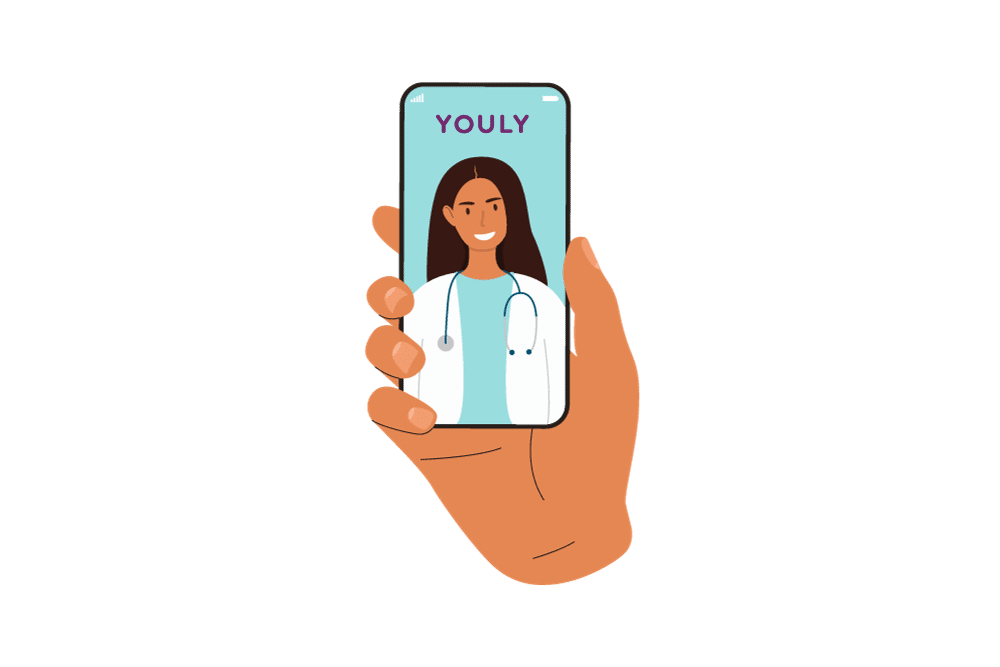
Emergency Contraception Prevents Pregnancy
It’s important to emphasise that the morning after pill, despite its potential impact on your menstrual cycle, is highly effective at preventing pregnancy.
If you find yourself in a situation where regular birth control methods fail, it’s a safe and responsible option to consider. However, it should not be your primary method of birth control. It’s designed for emergencies, not as a regular form of contraception.
For ongoing protection, consider a reliable birth control method, such as birth control pills, that suits your lifestyle and preferences. This can help you maintain a more predictable menstrual cycle and avoid the need for emergency contraception in the first place.
Your menstrual cycle is a natural and essential part of your reproductive health. While the morning after pill may cause temporary disruptions to your regular menstrual cycle length (aka an irregular period), it’s designed to protect you when you need it most. In the long run, consider regular birth control methods to help maintain a more predictable cycle and reduce the need for emergency contraception.
